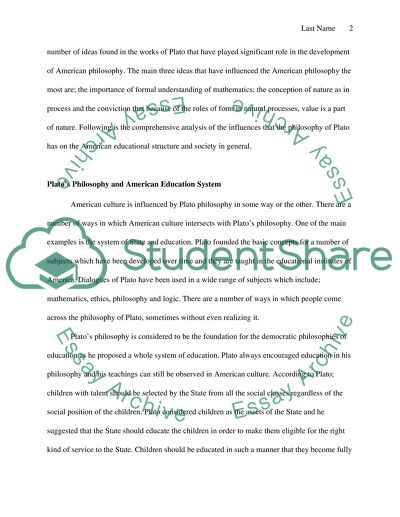Cite this document
(“Philosophy of Plato and American Culture Research Paper”, n.d.)
Retrieved de https://studentshare.org/philosophy/1390423-researchpaper-order
Retrieved de https://studentshare.org/philosophy/1390423-researchpaper-order
(Philosophy of Plato and American Culture Research Paper)
https://studentshare.org/philosophy/1390423-researchpaper-order.
https://studentshare.org/philosophy/1390423-researchpaper-order.
“Philosophy of Plato and American Culture Research Paper”, n.d. https://studentshare.org/philosophy/1390423-researchpaper-order.


